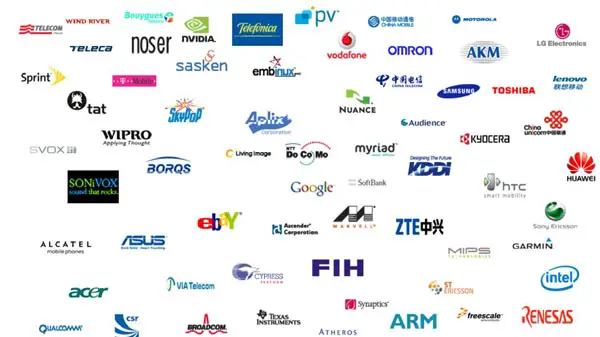Google: Words With Acer Had Nothing To Do With A Rival OS, and Everything To Do With The Open Handset Alliance
Yesterday, we told you guys about the drama between Acer and Google that resulted in the abrupt cancellation of a smartphone launch. According to Acer, Google wasn’t pleased with Acer launching a smartphone based on the Aliyun OS, an operating system forked off of Android. Well, today we finally have an official statement from Google, shedding some light on the situation. Google had this to say:
“Compatibility is at the heart of the Android ecosystem and ensures a consistent experience for developers, manufacturers and consumers. Non-compatible versions of Android, like Aliyun, weaken the ecosystem. All members of the Open Handset Alliance have committed to building one Android platform and to not ship non-compatible Android devices. This does not however, keep OHA members from participating in competing ecosystems.”
Ah, okay. It’s starting to make a little more sense. It’s true that Acer is a part of the Open Handset Alliance and apparently there was some fine print involved that they may have overlooked. It seems Google’s concerns stem from their belief that the Aliyun OS is actually a “non-compatible” version of Android (in basic terms), and by releasing a smartphone based on the OS, violates the agreement Acer agreed to when they hoped on board the OHA. To sum it up, if you’re apart of the OHA: rival OS = okay. Rival Android OS = not okay.
According to Google, they are just doing their part to prevent fragmentation with the OS, which they’ve apparently been trying to prevent since Android 1.0. In a blog post dated back in 2011, Andy Rubin said:
If someone wishes to market a device as Android-compatible or include Google applications on the device, we do require the device to conform with some basic compatibility requirements. (After all, it would not be realistic to expect Google applications – or any applications for that matter – to operate flawlessly across incompatible devices). Our “anti-fragmentation” program has been in place since Android 1.0 and remains a priority for us to provide a great user experience for consumers and a consistent platform for developers. In fact, all of the founding members of the Open Handset Alliance agreed not to fragment Android when we first announced it in 2007.
I know what you’re thinking, “So what the hell is up with Amazon?” Why exactly are they allowed to release devices based off Android, but removed of all Google services? That’s the thing. Amazon is not apart of the OHA, which means they are not subject to its terms, and are free to do whatever they like.
Things get a bit muddled up with Alibaba — makers of the Aliyun OS — stating that, where the Aliyun OS is able to run Android apps, it’s not technically based off Android, maintaining that the OS was built from scratch using open-source Linux code, not Android’s Dalkvik virtual machine. Guess it’ll take a judge and dim witted jury to sort out this whole mess. Hopefully Google and Acer will come to terms in the meantime.
[TheVerge | MarketingLand | Android Official Blog]
